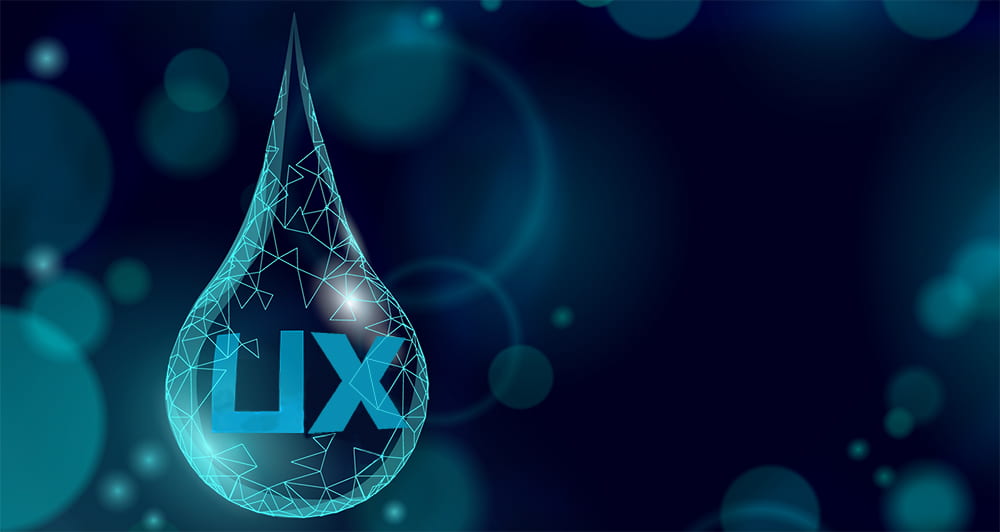Let Tech Spring in the Environment!
Advance technology to benefit human and environmental health.
The Blue Xylem team is a group of Blue CoLab students and faculty, working with Xylem Inc., using technology to create an effective and efficient UX-based product for water users. In one of our earlier conversations, Professor John Cronin said to me, “You can Google real time weather right now on planet Mars, which is millions of miles away from Earth [https://mars.nasa.gov/insight/weather/], but if you try to find real-time data about the water you drink every day, you will find little relevant information.” It was a simple idea, yet I had never given it much thought. In that moment, I knew I wanted to join Blue Colab on its voyage of creating change.

The aim of our Blue Xylem Team is to build a product that will provide accurate real time information about water quality in order to protect human and environmental health from dangerous contamination. To accomplish this, it is not enough to collect data. We must develop a product, perhaps a mobile app, that makes data enticing and interesting to the user, while also serving as a warning system for contamination events. Inspired by the proverb credited to Benjamin Franklin, Tell me and I forget. Teach me and I remember. Involve me and I learn, we are focused on identifying and involving stakeholders as part of this product development process.
On October 28, we held a simulation session with Professor Michelle Land, director of Pace’s Masters in Environmental Policy program, who played the role of the New York State Commissioner of Environmental Conservation. Our team propounded a model that would provide real-time water monitoring data, and send emergency alerts to users to warn of a water contamination event. We proposed a public-private partnership between the state and Xylem, Inc., recognizing that a government agency is less likely to remain at the cutting edge of technological innovation.
Our aim in the simulation, and in our product development research with Professors Andreea Cotoranu and Cronin in the spring semester, is to provide an end-to-end solution that will considerably increase mitigation efficiency and provide an opportunity for timely action in the event of a water emergency. For this to be successful, sensor technology must report real-time water quality data that can arm an emergency alert system, while collecting abundant historical data to help data scientists predict occurrences of calamities before they happen.
I am thrilled to be a part of such a creative initiative. As an aspiring data scientist, I reckon that the application of data science to environmental problems is a vast scope yet to be explored. The Blue Xylem team is highlighting work at the cusp of technology and the environment. We believe that our efforts will not just benefit human and environmental health, but also motivate companies like Xylem, Inc. to fulfill the demand for technology in this sector. Blue Xylem Team is determined to show the world a glimpse of the countless possibilities in the field of ‘Technology for the Environment!’
Akshay Shirsat

Akshay Shirsat is studying for his Masters of Science in Information Systems at the Seidenberg School of Computer Science and Information Systems.
Recent Posts
Bringing games to life at Blue CoLab
Every game begins with an idea. For we, the Game Dev Team of Blue CoLab, inspiration struck when we were challenged to make learning about water and technology fun and interactive. The journey from a simple idea to a fully functional game kiosk is complex and challenging, but immensely rewarding.
What can machine learning teach us about water that we don’t already know?
Traditional analyses cannot handle vast amounts of water data. Machine learning can uncover vital information about water that would otherwise go undetected.
What Everyone Deserves: Real-Time Water Data
The Flint, Michigan water crisis alerted the public to how little we know about our drinking water and how late we learn.
The Dark Waters of Parkersburg, WV: A Warning to Us All
Advanced warning systems about drinking water contamination could save millions of people from exposure to dangerous contaminants.
Congress: Guarantee the Right-to-Know Drinking Water
Technology-based alerts are commonplace in daily life: storm alerts; car collisions; even asteroid near-misses. But not for water.

